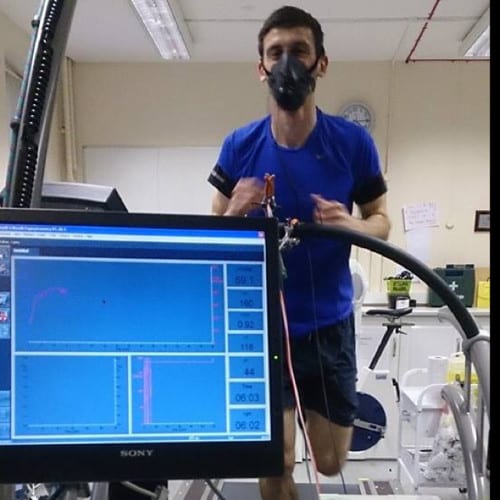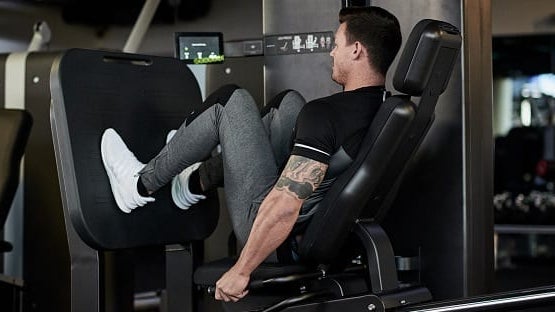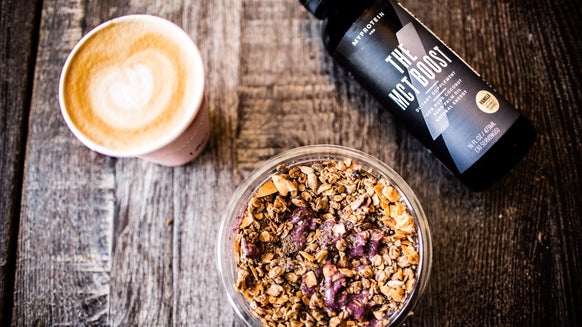Written by Chloe Thurston
Healthy Diet Plan
The typical question that all women think about when they are trying to lose weight. But why is it that men don't have this problem? The subtle differences between the two sexes are simply physiology. Men have a greater metabolism rate in comparison to women, thus burning calories is much easier. Damn you testosterone!!
Gender Differences
1 man vs. 1 woman. Give them both the same diet for the same amount of time. What's the bet that the male is nearer to the goal than the woman? Unfortunately the mirror does not have magical powers, nor do the bathroom scales get excited to see you. Unfortunately for us women, men generally lose weight at a greater rate. However, the speed of weight loss isn't solely due to gender differences, body mass plays a part too. Whether the difference between weight is due to body fat or muscle, men will lose weight quicker as they burn more energy to function. If you gave a mini cooper and range rover the same amount of fuel, the 4x4 would breakdown first due to the amount of fuel required to carry the load. The same goes for humans!

Energy Expenditure
A woman’s total energy expenditure is on average 5-10% lower than a males (1).
Overall, men generally have a larger muscle mass, less fat mass and heavier bone density when compared to women. For example when comparing both a male and female in their twenties:
MALE: - Weight = 160lbs (73lbs muscle, 23lbs bone and 25lbs fat) with the rest being bodily fluids.
WOMEN: - Weight = 130lbs (46lbs muscle, 15lbs bone and 37lbs fat) with the rest bodily fluids.
Body Fat
Typically, men and women have different body fat percentages. Women are recommended to carry between 20-30% body fat whilst men are 12-20%. Although, the greater the amount of muscle mass you have leads to a greater amount of calories burnt both at rest and during activity – resulting in men being able to diet on much higher calories (2). Along with the greater calorie intake for men in comparison to women, it has been shown that men are generally exposed to a greater activity level. A study based on metabolism found that the reason men had a greater energy expenditure was because they were more active than females (3).
The two most important factors in dieting and the differences between the genders are the amount of calories you can burn at rest and during activity. The more calories that you can burn then the easier it is for you to lose weight. However, these differences in weight loss have been shown to only be modest differences. A weight loss study over a period of 12 weeks found that on average, men lost 17.6 pounds and women lost 13.4 pounds (4,5).

Increase Muscle Mass
Unfortunately for women, yet again men have an advantage in regards to weight loss and gain. Building muscle comes far more natural to males than it does to women. Men produces testosterone far easier than women and this is the hormone that increases muscle and protein synthesis. A study at the University of Missouri looked into what separates men and women at the gym. Comparing 75 obese men and women with type 2 diabetes. Participants had both their heart and blood pressures measure. Not only did then men lose more weight and show more cardiovascular benefits but the women had to perform 20% more exercises to achieve the same benefits as males (6).
Hold the phone! Don’t worry ladies; lets not forget the story of the tortoise and the hare. When comparing a group of 201 overweight and obese UK men and women were asked to follow one of the following: Atkins, Slim-fast, Weight-watcher and Rosemary Conley’s Diet for 2 to 6 months. Men lost twice as much weight as women in all of the diet plans. However, the gap narrowed and equaled out of the period of the six months (7). So don’t give up too soon ladies – we can catch up.

Conclusion
When looking at the overall picture it does seem like men have it easier than women. They can eat more food, do less cardio and gain muscle faster. However, this cannot be said for all men compared to all women. Every person is unique in their height, mass, activity and their hormone levels. Variations in all these factors have a great impact on each person’s ability to lose weight. I think the most important thing to remember out of all of this is that losing weight doesn’t have to be a competition to see who can do it the quickest or who can lose the most. The slower and the healthier way you do it then the longer you will maintain the weight loss.
- Ferraro R, Lillioja S, Fontvieille AM, Rising R, Bogardus C, Ravussin E. Lower sedentary metabolic rate in women compared with men. J Clin Invest. 1992 Sep;90(3):780-4.
- Abernathy RP, Black DR. Healthy Bodyweights: an alternative perspective. Am J Clin Nutr 1996; 63(suppl):448S-451S.
- Carpenter WH, Fonong T, Toth MJ, Ades PA, Calles-Escandon J, Walston JD, Poehlman ET. 1998. Total daily energy expenditure in free-living older African-Americans and Caucasians. Am J Physiol 274:E96-E101.
- Ross R, Dagnone D, Jones PJ, Smith H, Paddags A, Hudson R, Janssen I. Reduction in obesity and related comorbid conditions after diet-induced weight loss or exercise-induced weight loss in men. A randomized, controlled trial. Ann Intern Med. 2000 Jul 18;133(2):92-103.
- Rippe JM, Price JM, Hess SA, Kline G, DeMers KA, Damitz S, Kreidieh I, Freedson P. Improved psychological well-being, quality of life, and health practices in moderately overweight women participating in a 12-week structured weight loss program. Obes Res. 1998 May;6(3):208-18.
Millward, D., Truby, H., Fox, K., Livingstone, M., Macdonald, I. and Tothill, P. (2013) ‘Sex differences in the composition of weight gain and loss in overweight and obese adults’, The British journal of nutrition., 111(5), pp. 933–43.
Kanaley, J.A., Goulopoulou, S., Franklin, R., Baynard, T., Carhart, R.L., Weinstock, R.S. and Fernhall, B. (2012) ‘Exercise training improves hemodynamic recovery to isometric exercise in obese men with type 2 diabetes but not in obese women’, Metabolism, 61(12), pp. 1739–1746. doi: 10.1016/j.metabol.2012.07.014.








